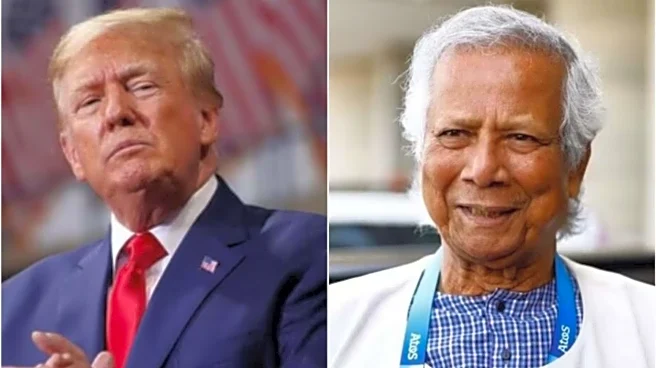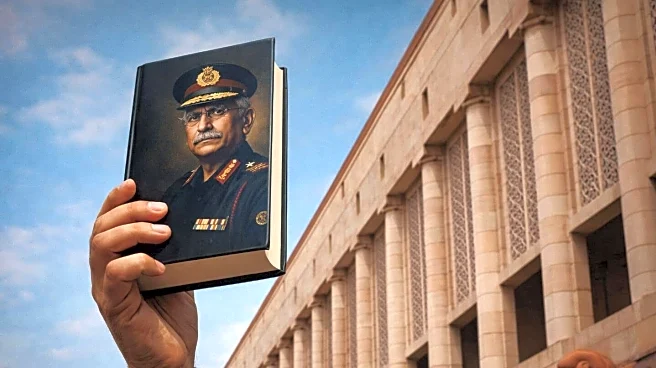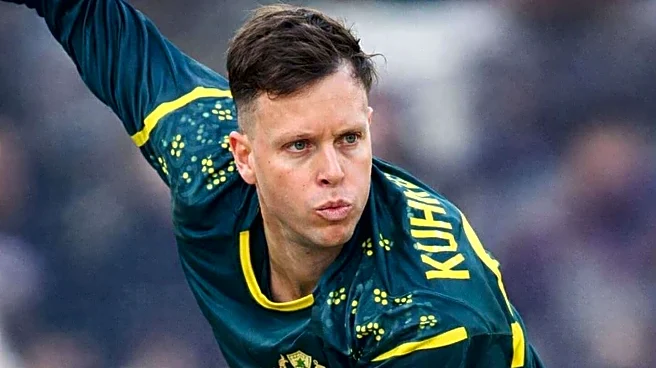UK Prime Minister Keir Starmer on Wednesday lit diyas at an event in Mumbai in a gesture symbolising deep cultural ties between India and the UK ahead of Diwali.
Surrounded by local dignitaries and cultural leaders, Starmer participated in the event and celebrated the shared history, values, and people-to-people links that unite the two nations.
#WATCH | Mumbai: UK PM Keir Starmer lights diyas in Mumbai, symbolising the deep cultural ties between India and the UK, as the Diwali festival approaches. pic.twitter.com/kxrpYZrDF4
— ANI (@ANI) October 8, 2025
UK PM’s India Visit
The British Prime Minister arrived in Mumbai on Wednesday, 8 October for his first official visit to India, leading a large delegation of 125 members, including CEOs, entrepreneurs, university vice-chancellors,
and cultural leaders. Starmer was received at Chhatrapati Shivaji Maharaj International Airport by Maharashtra Chief Minister Devendra Fadnavis, Deputy Chief Ministers Eknath Shinde and Ajit Pawar, and Maharashtra Governor Acharya Devvrat.
The visit, extended at the invitation of Prime Minister Narendra Modi, underscores the growing India-UK partnership across trade, technology, security, education, and culture.
On the first day of his visit, Starmer visited the Yash Raj Films (YRF) studios in Andheri, one of Bollywood’s key production hubs. The studio visit aimed to strengthen cultural ties and promote collaboration between the British and Indian film industries.
Yash Raj Films CEO Akshaye Widhani, Starmer and actor Rani Mukerji also watched a screening.
The UK Prime Minister will also engage in business meetings and networking sessions with Indian industry leaders to discuss trade, investment, and technological collaboration.
Tomorrow, Starmer and Prime Minister Narendra Modi will review progress under the India–UK Comprehensive Strategic Partnership in line with Vision 2035. Discussions will cover trade, investment, technology, defence, climate, energy, health and education.
Starmer’s visit follows PM Modi’s trip to the UK in July, where a trade deal was signed and nearly £6 billion in new investment and export wins were confirmed – creating 2,200 UK jobs.
(With inputs from agencies)




/images/ppid_59c68470-image-177069787096999621.webp)


/images/ppid_59c68470-image-177070016688485506.webp)

/images/ppid_59c68470-image-177070003818096129.webp)
/images/ppid_59c68470-image-177070020045771133.webp)
/images/ppid_59c68470-image-177070007569092610.webp)
/images/ppid_59c68470-image-177070010664714288.webp)
/images/ppid_59c68470-image-177070004280967505.webp)
/images/ppid_59c68470-image-177070003696887483.webp)


